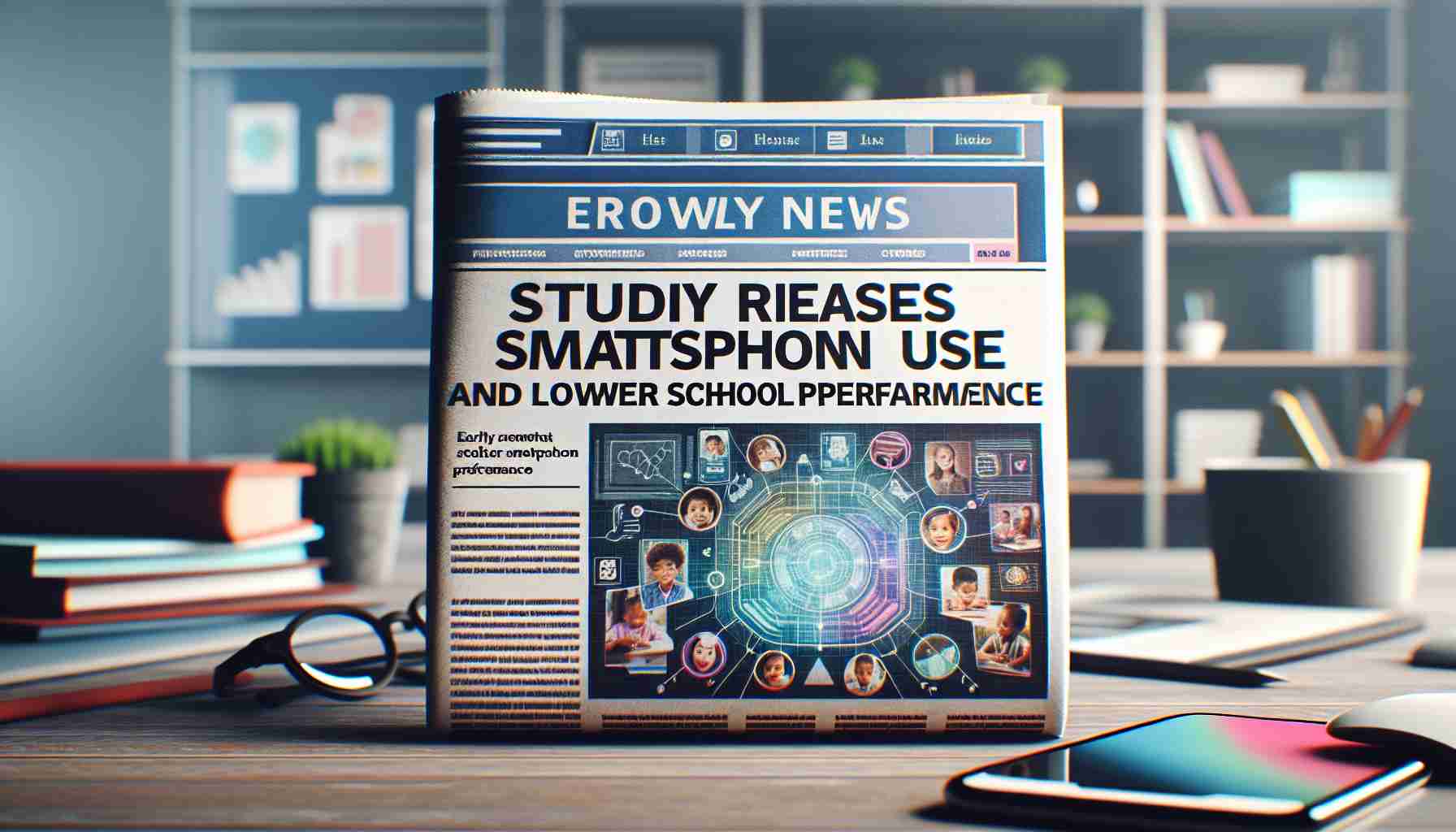A recent Italian research highlights the disadvantageous effects of early and intense use of smartphones and social media among children. Conducted by researchers from the University of Milano-Bicocca and Supsi, the study titled “Earlier smartphone acquisition negatively impacts language proficiency, but only for heavy media users” was released last year, revealing that youngsters’ academic performance tends to drop with premature exposure to digital devices.
The upcoming research project, “Eyes Up,” aims to delve deeper into how digital tools affect student’s learning levels and overall conditions. The forthcoming study, designed and coordinated by the Sociology Department of the University of Milano-Bicocca and supported by the Cariplo Foundation, seeks to understand the influence of early access to digital devices on learning progress. According to Professor Marco Gui, who heads the Digital Wellness Center in Milano-Bicocca, both smartphone and social network use among children and teenagers have been linked to decreased academic achievement and reduced general satisfaction and well-being.
The negative correlation between early smartphone access and academic outcomes has been established, but social media usage appears to have an even worse effect. Gui clarifies that while correlation is evident, causality is harder to ascertain due to ethical and practical challenges in experimentation. He also underscores the importance of understanding the role of early adoption—the age at which children first use technology. Researchers found that those who created social media profiles before finishing elementary school scored nearly a full point lower in their middle school exams compared to their peers who started using social media later or not at all.
Based on a survey of 6,609 secondary school students from Lombardy, the findings will be further analyzed against Invalsi exam results across the students’ educational trajectories. The aim is to develop a longitudinal study, providing a clearer picture of the relationship between technology use and academic performance over time. This investigation is poised to provide insights into expectations and educational strategies in the digital age.
Important Questions and Answers:
1. What is the main finding of the study conducted by the University of Milano-Bicocca and Supsi?
The study found that early and intensive use of smartphones and social media is associated with lower academic performance among children.
2. What is the “Eyes Up” project?
“Eyes Up” is an upcoming research plan designed to explore how digital tools impact students’ learning levels and their overall conditions. The research will be coordinated by the Sociology Department of the University of Milano-Bicocca and supported by the Cariplo Foundation.
3. Are there any challenges in determining causality between smartphone use and academic performance?
Yes, according to Professor Marco Gui, establishing causality is problematic due to the ethical and practical implications of experimenting on children. The relationship, however, between early smartphone access and social media usage with academic outcomes reflects a negative correlation.
Key Challenges and Controversies:
– Establishing Causality: One key challenge is determining whether smartphone and social media use directly causes lower academic performance, or if other factors are also at play. It is ethically complex to conduct randomized controlled trials in this domain.
– Technology Integration: As technology becomes more integrated into educational settings, understanding the balance between beneficial and detrimental effects of digital device usage is controversial and complex. Educators and researchers must discern how technology can support rather than hinder learning.
– Data Privacy and Ethics: Research involving children’s use of digital technologies must navigate sensitive issues pertaining to privacy, consent, and the overall welfare of the participants.
Advantages and Disadvantages:
– Advantages of Smartphone Use:
– Access to information and educational resources
– Opportunities for collaborative learning
– Development of digital literacy skills
– Disadvantages of Smartphone Use:
– Potential distractions and disruption of learning
– Risk of addiction and overuse
– Negative impact on social skills and mental health
Suggested Related Links:
– University of Milano-Bicocca
– Supsi (University of Applied Sciences and Arts of Southern Switzerland)
– Cariplo Foundation
It is essential for educational stakeholders, including parents, teachers, and policymakers, to consider these findings when shaping policies and guidelines for technology use among young students. The advancement of research in this field will contribute to more informed decision-making processes and strategies to mitigate the potentially adverse effects of early and intense digital device usage among children.
The source of the article is from the blog bitperfect.pe
